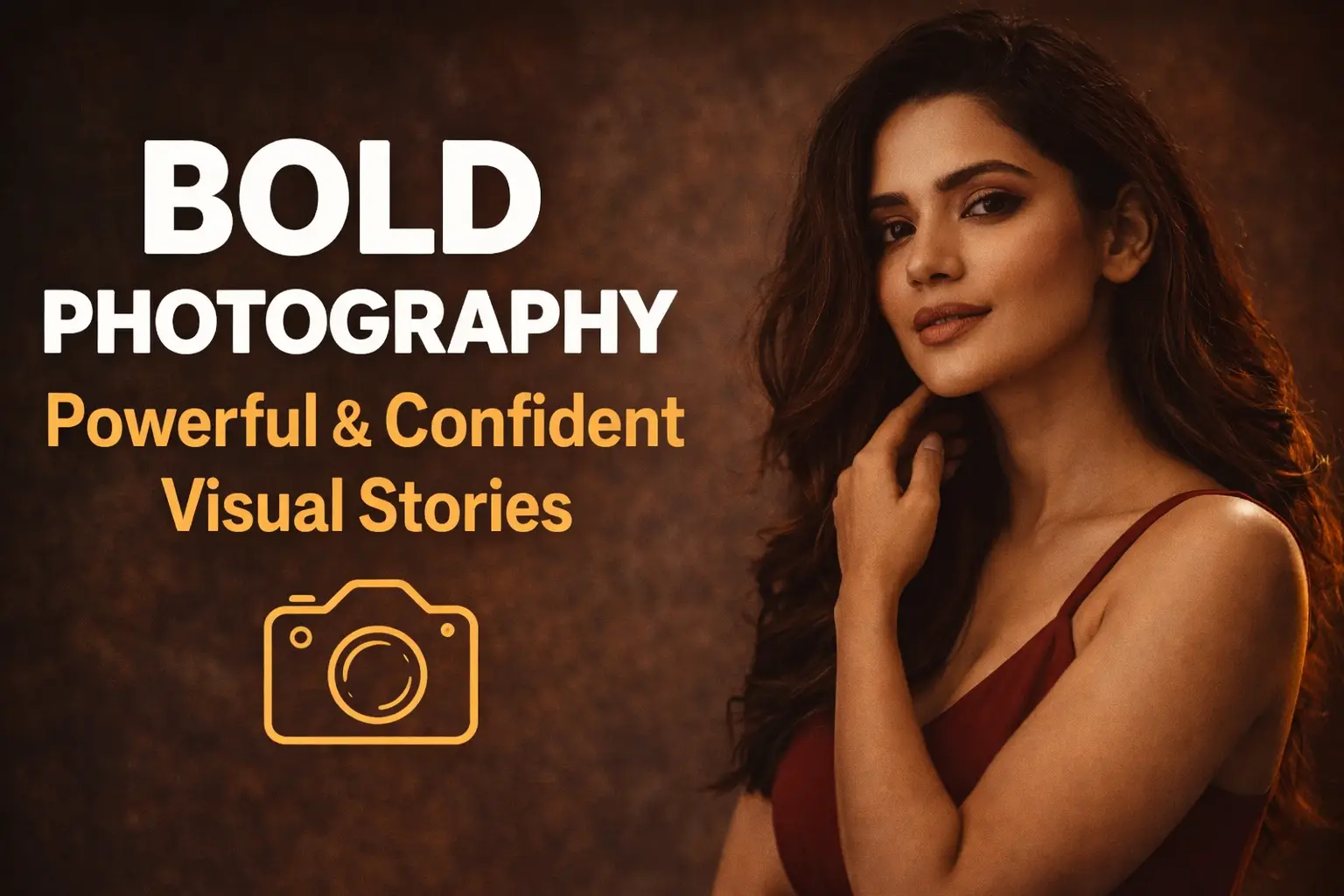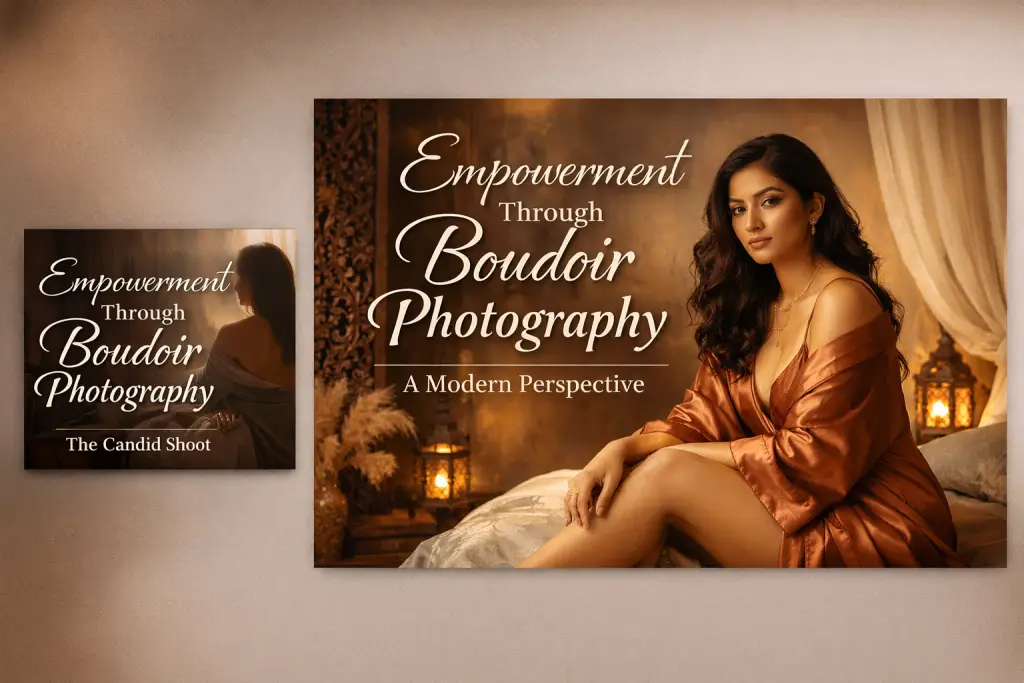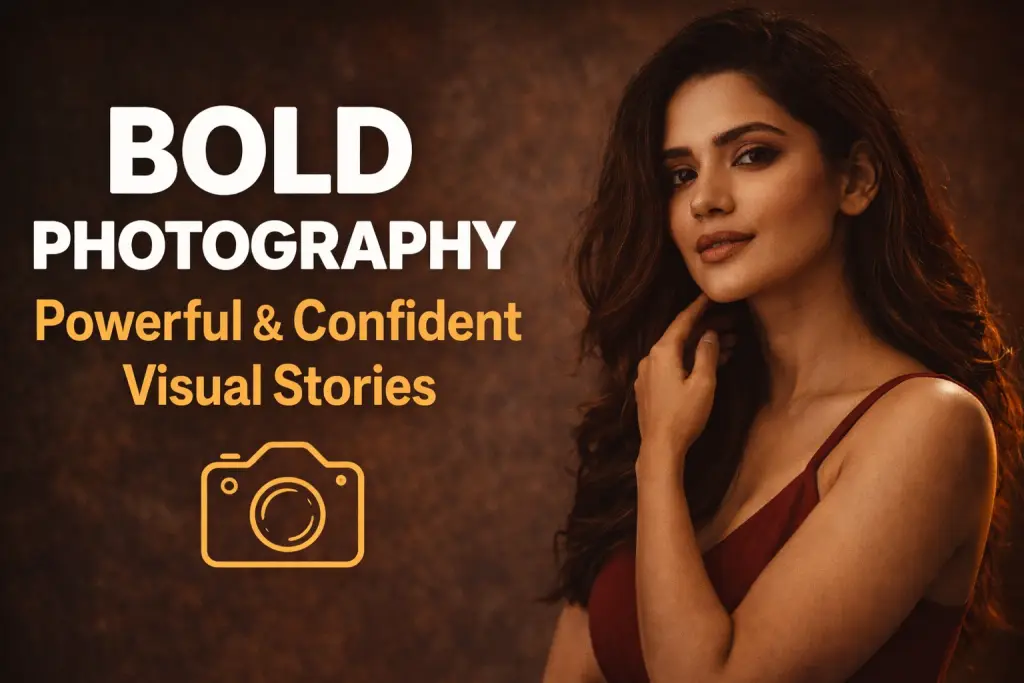The Rise of Fitness Portraits in Photography
Portraits for fitness enthusiasts have gained immense popularity in recent years. With the rise of fitness influencers, personal trainers, and health-conscious individuals sharing their journeys, there is a growing demand for high-quality fitness portraits that reflect strength, determination, and individuality.
Fitness shoots are not just about showcasing muscles or perfect poses; they are about telling stories of perseverance, growth, and triumph. This guide will walk you through everything you need to know to shoot impactful portraits for fitness enthusiasts, focusing on inclusivity, technical tips, and creative approaches to make your work stand out.
1. Understanding the Essence of Fitness Portraits
1.1 What Are Fitness Portraits?
Fitness shoots are images that highlight a person’s fitness journey, capturing their physical form, energy, and spirit. These portraits can be motivational, promotional, or personal, depending on the purpose of the shoot.
1.2 Why Are Fitness Portraits Important?
Fitness portraits inspire others, celebrate personal achievements, and often serve as branding tools for fitness professionals. Whether it’s a bodybuilder showcasing their physique or a yoga instructor sharing mindfulness, fitness portraits tell compelling stories.
1.3 Tailoring Portraits to Different Fitness Niches
- Strength Training: Focus on muscles and power.
- Yoga and Pilates: Highlight flexibility and serenity.
- Endurance Sports: Showcase movement and stamina.
- Group Fitness: Capture camaraderie and team spirit.
2. Preparing for a Fitness Portrait Shoot
2.1 Pre-Shoot Consultation
Understand your client’s goals, preferences, and fitness journey. Ask questions like:
- What story do you want your photos to tell?
- Are there specific poses or muscles you want to highlight?
- Do you have a preferred location?
2.2 Choosing the Right Wardrobe
Wardrobe plays a critical role in fitness portraits.
- Opt for well-fitted activewear that complements the subject’s body type.
- Avoid overly busy patterns that might distract from the subject.
- Include accessories like gloves, yoga mats, or water bottles for added context.
2.3 Understanding Your Client’s Comfort Level
Fitness portraits often involve physical poses that can be challenging.
- Encourage open communication to ensure the subject feels confident and comfortable.
- Offer positive reinforcement during the session to build trust.
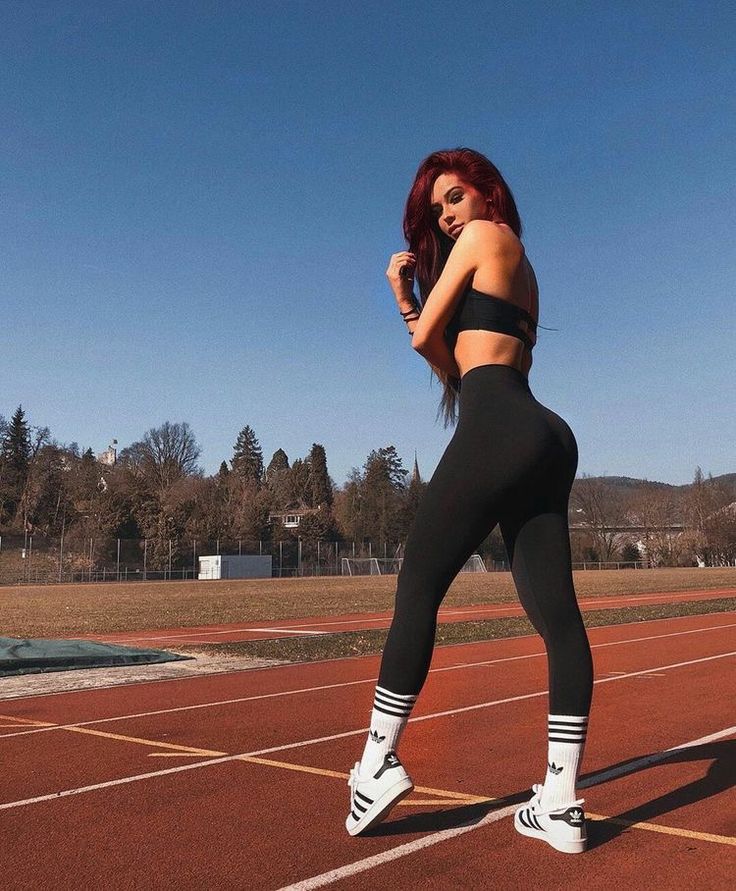
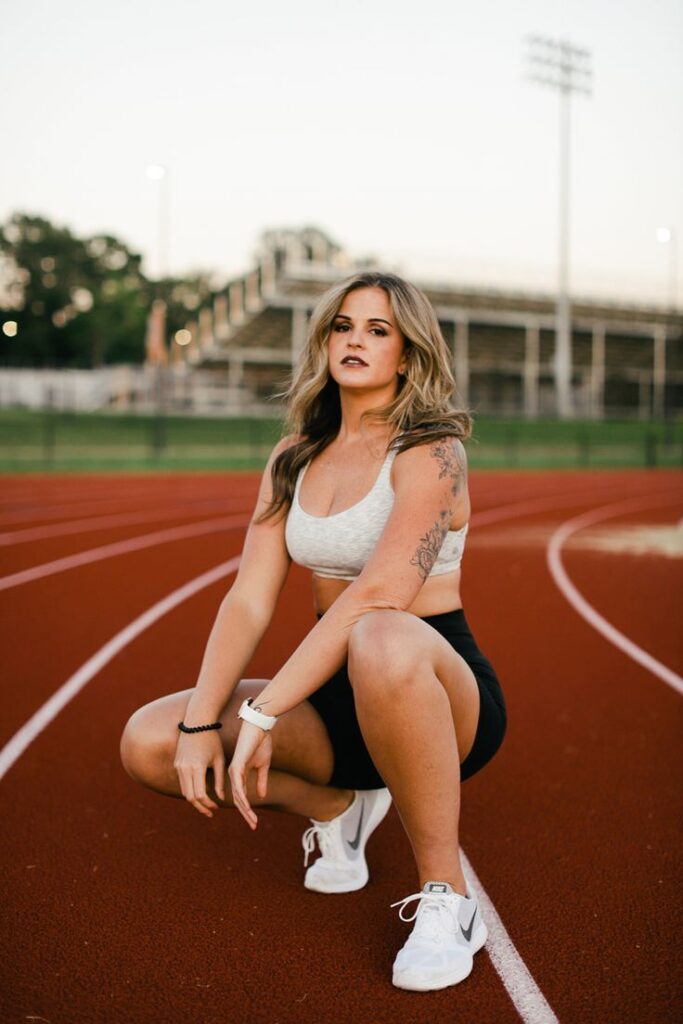
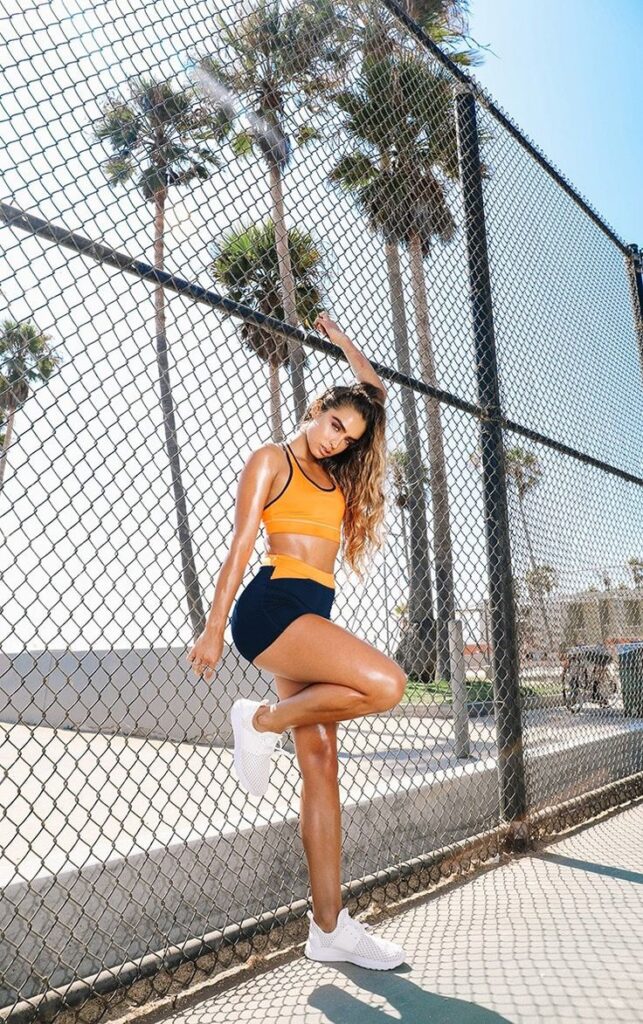
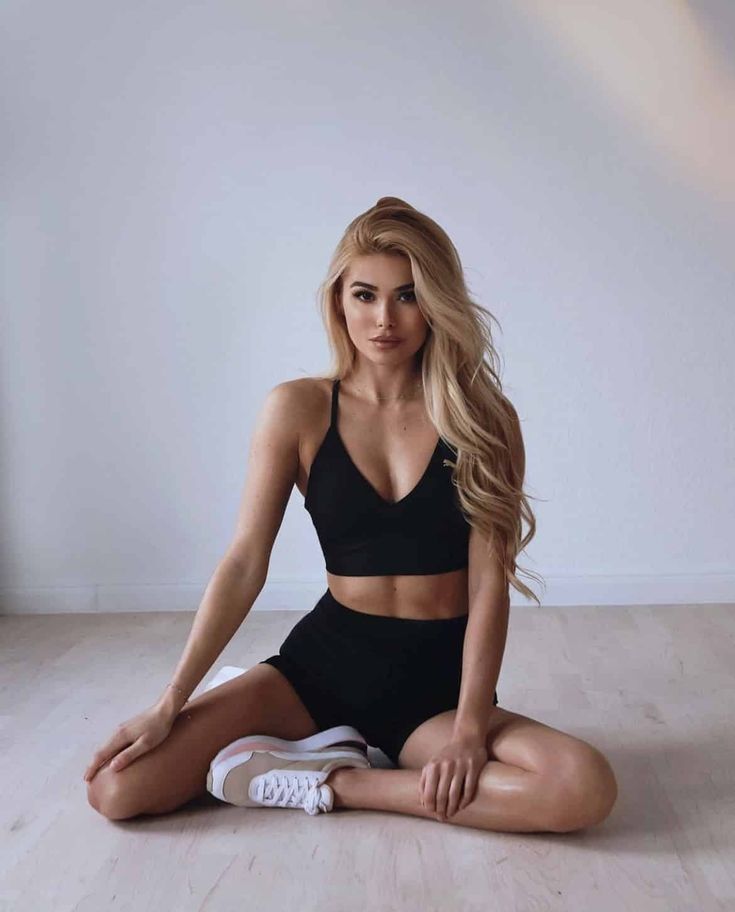
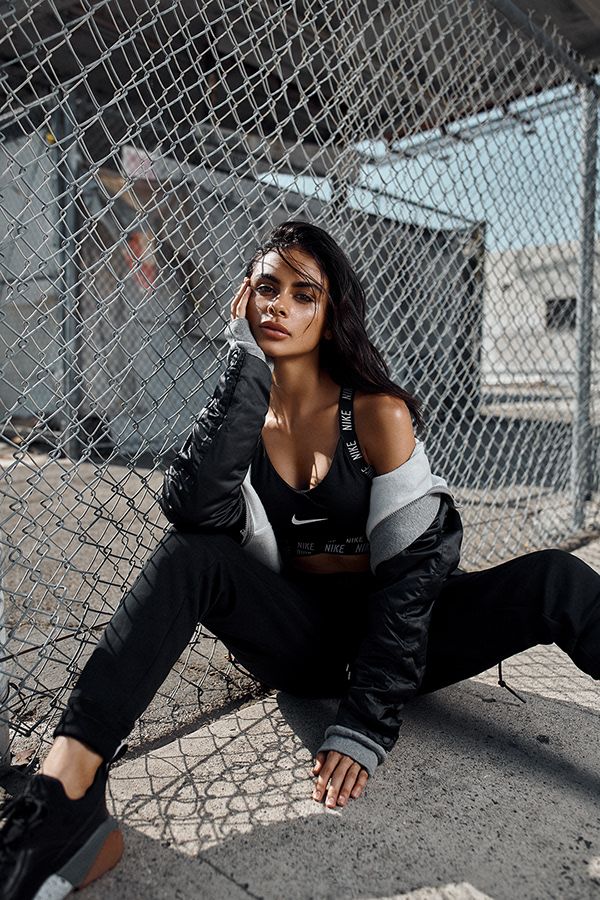
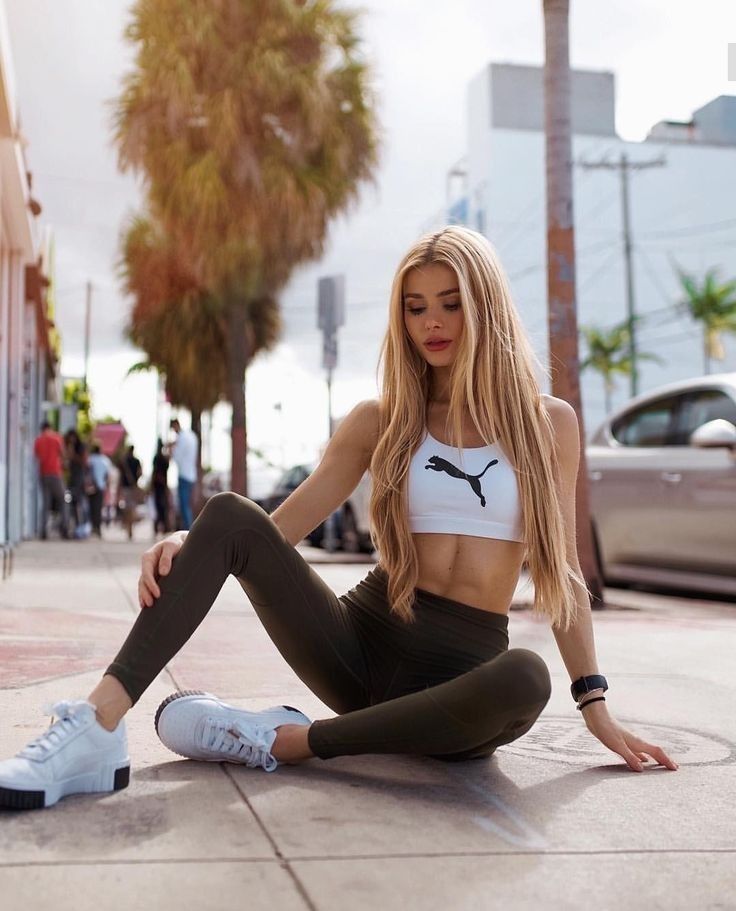
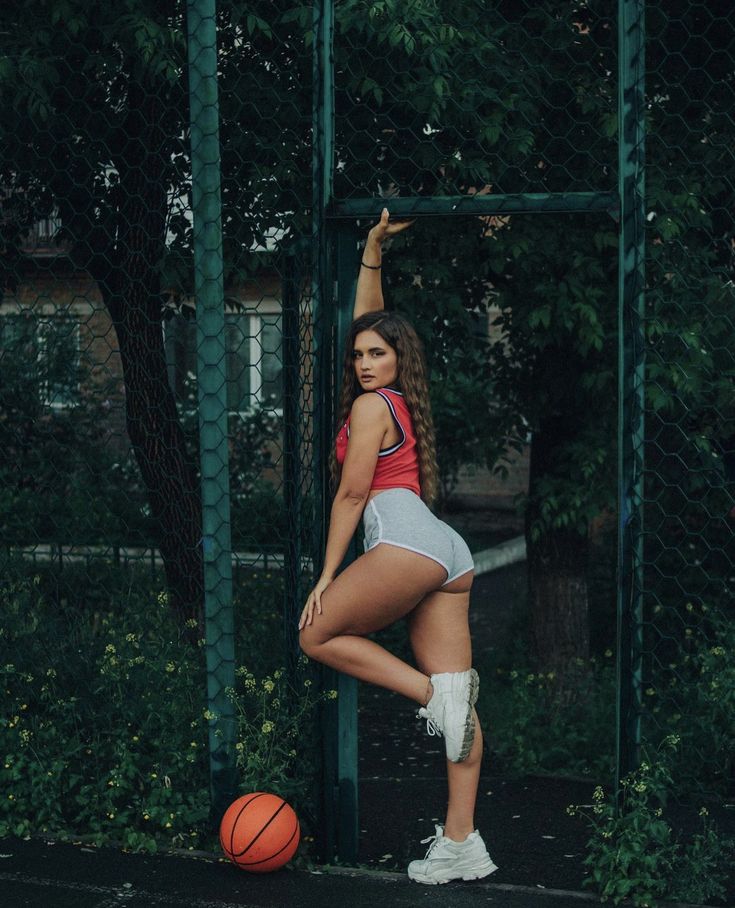
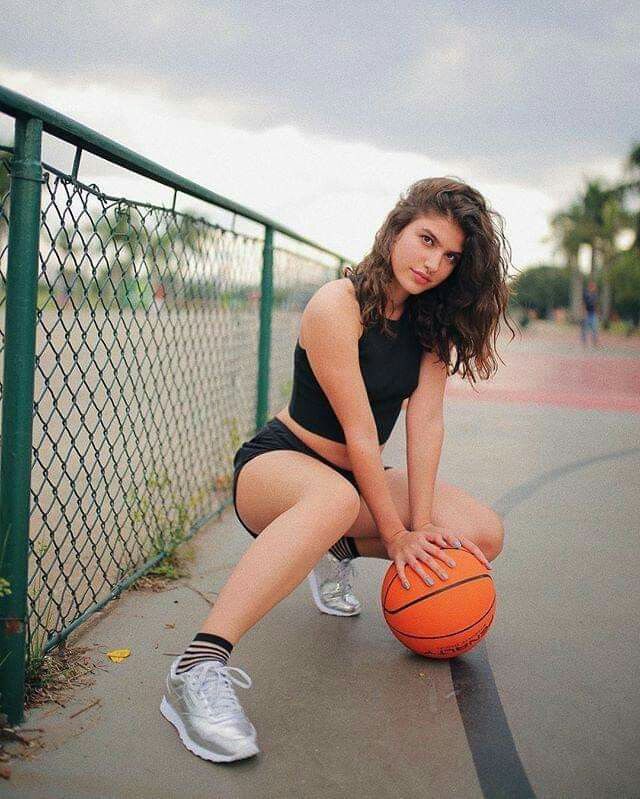
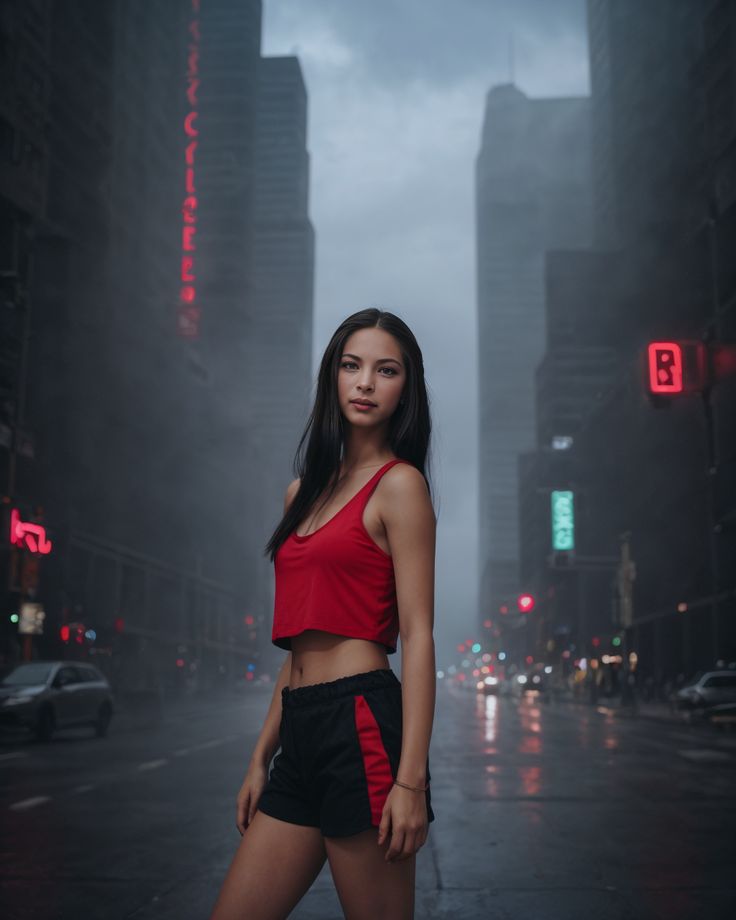
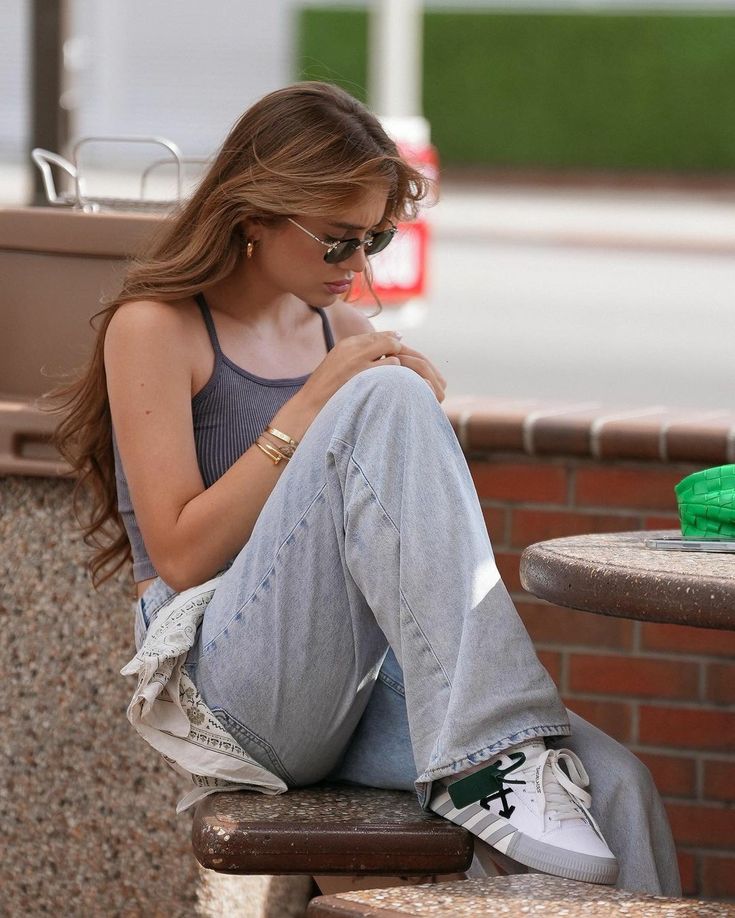
3. Selecting the Perfect Location for Fitness Portraits
The location sets the tone for your portraits.
3.1 Indoor Gyms and Fitness Studios
Gyms provide an authentic environment with access to fitness equipment.
- Lighting: Use existing gym lighting or bring portable lights for better control.
- Backgrounds: Avoid cluttered spaces; focus on areas with clean, organized setups.
3.2 Outdoor Locations
Natural light and open spaces add energy and vibrancy to your shots.
- Best Spots: Parks, running tracks, or outdoor gyms.
- Time of Day: Early mornings or late afternoons provide soft, flattering light.
3.3 Urban Backdrops
Cityscapes add a modern and edgy feel to fitness portraits.
- Look for graffiti walls, staircases, or industrial areas to enhance the vibe.
3.4 Home Environments
For a personal touch, shoot in the subject’s home gym or living space.
4. Mastering Lighting for Fitness Portraits
Lighting can make or break fitness portraits. It highlights muscles, enhances skin texture, and sets the mood.
4.1 Natural Light
- Use directional natural light to sculpt the body and emphasize definition.
- Shoot during golden hour for a warm and inviting glow.
4.2 Artificial Light
- Hard Light: Use for sharp shadows and dramatic effects, ideal for strength-focused shots.
- Soft Light: Perfect for yoga or Pilates portraits that require a gentle, calming atmosphere.
- Experiment with rim lighting to outline the subject and add depth.
4.3 Managing Shadows
- Use reflectors to soften harsh shadows.
- Position lights strategically to avoid unflattering shadows on the face or body.
5. Posing Fitness Enthusiasts for Stunning Portraits
Posing is key to showcasing strength, flexibility, and personality.
5.1 Highlighting Muscles and Definition
- Use poses that engage the muscles, such as flexed arms or legs.
- Incorporate movement like lifting weights or performing push-ups to add action.
5.2 Capturing Dynamic Movements
- Freeze action shots like jumping, running, or lifting.
- Use a fast shutter speed to capture crisp, clean motion.
5.3 Relaxed and Natural Poses
Not all fitness portraits need to be intense.
- Capture candid moments like stretching, meditating, or cooling down.
- Encourage the subject to smile or laugh for a more approachable vibe.
5.4 Adjusting Angles for Maximum Impact
- Low Angles: Make the subject appear larger and more powerful.
- High Angles: Add a sense of vulnerability or introspection.
- Side Profiles: Highlight body curves and muscle tone.
6. Composition Tips for Fitness Portraits
6.1 Use Leading Lines
Gym equipment, running tracks, or staircases can guide the viewer’s eye toward the subject.
6.2 Incorporate Depth
- Use layers by placing gym equipment in the foreground or background.
- Blur the background with a wide aperture to isolate the subject.
6.3 Framing the Subject
- Use doorways, windows, or arches to create natural frames.
- Experiment with negative space to emphasize the subject’s form.
7. Post-Processing for Fitness Portraits
Editing enhances your photos and brings out the best in your subjects.
7.1 Enhancing Details
- Sharpen textures to highlight muscle definition.
- Use contrast adjustments to create depth.
7.2 Color Grading
- Warm tones for an energetic vibe.
- Cooler tones for a calm, introspective feel.
7.3 Retouching Tips
- Remove blemishes while retaining natural skin texture.
- Avoid over-smoothing, as it can look unnatural.
8. Inclusive Practices for Fitness Portrait Photography
8.1 Representing Diversity
- Include clients of different body types, ages, genders, and fitness levels.
- Celebrate unique fitness journeys rather than idealized standards.
8.2 Creating Safe Spaces
- Ensure your shoot environment is welcoming and free of judgment.
- Provide privacy for clients who may feel self-conscious.
8.3 Accessibility Considerations
- Choose locations that are accessible to individuals with physical disabilities.
- Adapt poses and setups to suit the subject’s comfort level.
Conclusion: Empowering Fitness Enthusiasts Through Portrait Photography
Shooting portraits for fitness enthusiasts is an opportunity to celebrate strength, resilience, and individuality. By focusing on lighting, composition, and posing, you can create images that inspire and empower.
Always remember to prioritize your subject’s comfort and goals, ensuring an inclusive and collaborative experience. With the right approach, your fitness portraits will not only capture physical form but also tell stories of determination and growth.
-
Vivo X300 Pro Photography Kit: Next-Gen Mobile Imaging
-
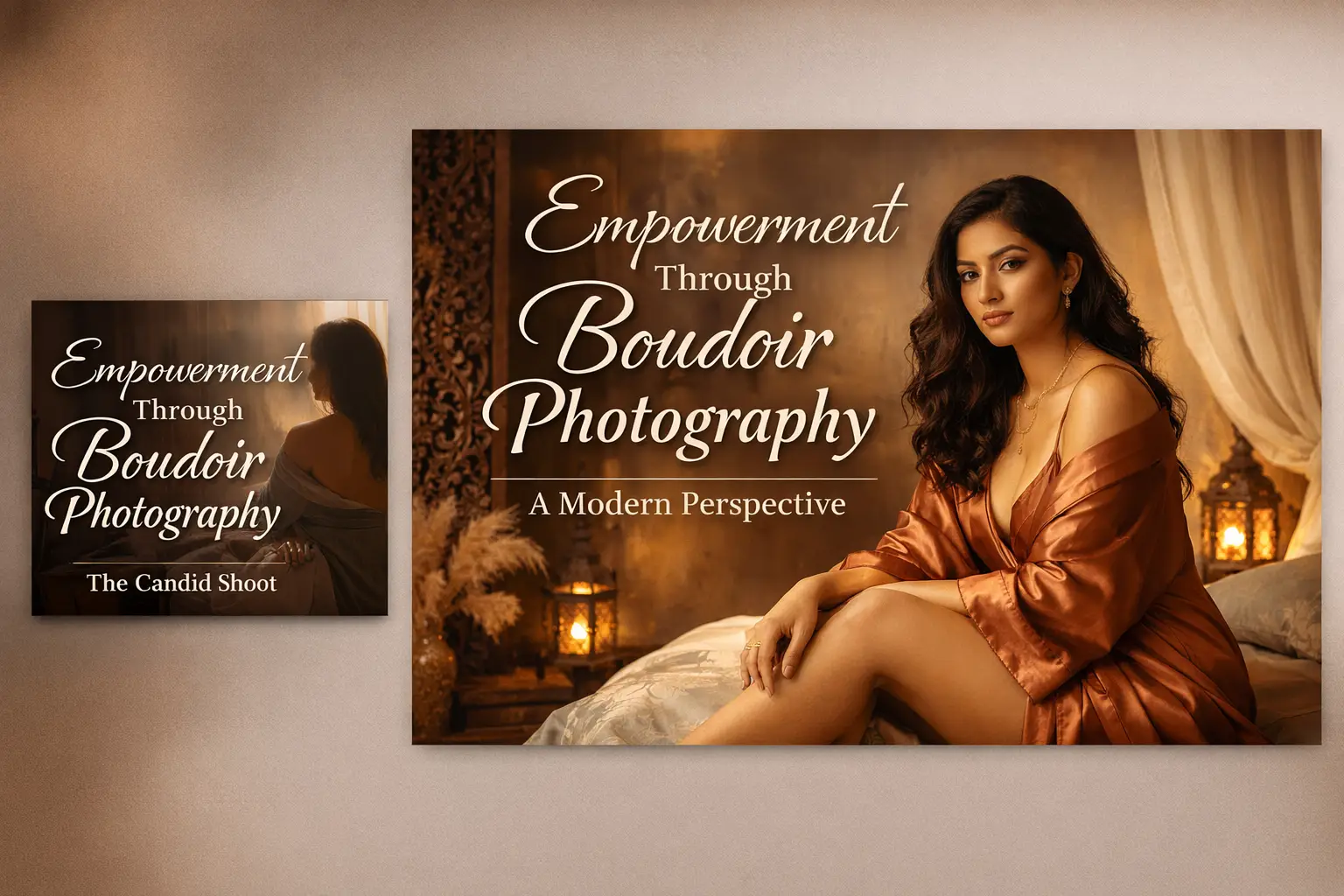
Empowerment Through Boudoir Photography: The Candid Shoot
-

Jaipur’s Favorite Destination for Couple Shoots | The Candid Shoot
-
Vivo X300 Pro Photography Kit: Next-Gen Mobile Imaging
Discover the complete vivo X300 Pro photography kit guide with in-depth camera analysis, real-world case studies, portrait techniques, cinematic workflows, and pro-level tips. Learn how vivo X300 Pro transforms mobile photography for creators, influencers, and studio professionals. The vivo X300 Pro — Redefining Mobile Imaging for Creators Why the vivo X300 Pro Deserves a Dedicated
-
Empowerment Through Boudoir Photography: The Candid Shoot
Boudoir Photography as Empowerment Boudoir photography has evolved far beyond traditional notions of intimacy or sensuality. Modern boudoir photography is about empowerment, confidence, and self-expression, not merely performing for the camera. At its heart, boudoir photography is a visual dialogue between the subject and themselves, mediated by a professional photographer. It provides a private, safe
-
Jaipur’s Favorite Destination for Couple Shoots | The Candid Shoot
Why Couple Shoots Matter More Than Ever Couple shoots have evolved far beyond posed photographs and forced smiles. Today, couples look for experiences that feel natural, meaningful, and reflective of who they are together. A couple shoot is no longer about perfection. It is about presence, connection, and shared emotion. At The Candid Shoot, we
-
Bold Shoot Photographer with Studio in Jaipur | The Candid Shoot
The phrase “bold shoot photographer” often triggers assumptions—many of them incomplete, outdated, or shaped by stereotypes. In reality, bold photography has evolved far beyond shock value or surface-level aesthetics. Today, bold shoots represent self-expression, body confidence, emotional honesty, and artistic courage. At The Candid Shoot, bold photography is not about exposure—it is about expression. It
-
Styling Tips for Maternity Shoots: Looking Timeless, and Confident
Styling as the Silent Storyteller in Maternity Shoots Maternity shoots are not simply about documenting pregnancy. They are about honoring a season of transformation—physical, emotional, relational, and often spiritual. Styling plays a foundational role in how that transformation appears, feels, and endures through photographs. When people look back at maternity photographs years later, they rarely
